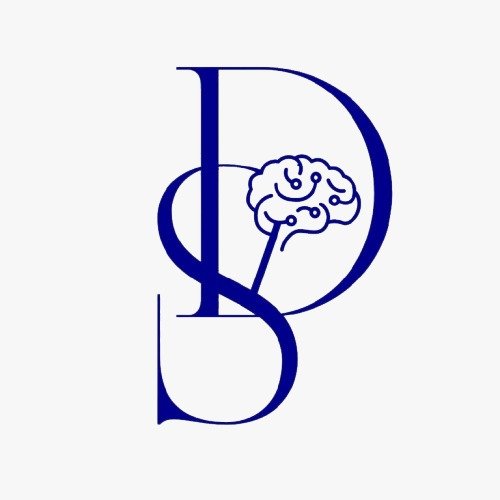Bipolar disorder

Bipolar Disorder: Understanding and Managing Mood Swings
At Dr Soumya Ranjan Dash’s Psychiatry Clinic in Bhubaneswar, we provide advanced and compassionate care for individuals struggling with Bipolar Disorder. This mental health condition causes intense mood shifts, ranging from emotional highs (mania or hypomania) to deep lows (depression). With timely diagnosis and structured treatment, patients can lead stable, fulfilling lives once again.
Dr Soumya Ranjan Dash, a leading psychiatrist in Bhubaneswar, focuses on holistic recovery through medication, psychotherapy, and lifestyle management. Each treatment plan is customized according to the severity of the symptoms, patient history, and overall mental well-being. Moreover, our clinic promotes long-term management strategies that empower patients to recognize early signs of relapse and take preventive action.
In addition, family education and counseling play a vital role in ensuring emotional support throughout the healing process. We help families understand how to respond effectively during manic or depressive episodes, thereby improving communication and trust at home.
To make treatment even more effective, Dr Dash integrates modern therapeutic techniques such as Cognitive Behavioral Therapy (CBT) and mood stabilization programs. Furthermore, consistent follow-ups and compassionate guidance ensure that patients stay on track toward emotional stability and personal growth.
Understanding Bipolar Disorder:
Types of Bipolar Disorder:
- Bipolar I Disorder: Involves at least one manic episode and may include depressive episodes.
- Bipolar II Disorder: Involves hypomanic episodes (less severe than mania) and depressive episodes.
- Cyclothymic Disorder: A milder form of bipolar disorder characterized by numerous periods of hypomania and mild depression.
Symptoms:
- Manic episodes:
- Elevated mood
- Increased energy and activity levels
- Racing thoughts
- Reduced need for sleep
- Impulsive behavior
- Irritability and aggression
-
Depressive episodes:
- Persistent sadness and low mood
- Loss of interest or pleasure in activities
- Fatigue and low energy
- Changes in appetite and sleep patterns
- Difficulty concentrating and making decisions
- Feelings of worthlessness or guilt
- Thoughts of death or suicide
Dr. Soumya Dash’s Approach
Dr. Soumya Dash provides comprehensive care for individuals with bipolar disorder, focusing on:

Accurate diagnosis
Thoroughly assessing symptoms and conducting necessary evaluations to confirm the diagnosis.

Personalized Treatment Plans
Developing individualized treatment plans that may include : Psychotherapy,Medications, Lifestyle modifications.

Monitoring and adjustments
Regularly reviewing medication and therapy plans and making adjustments as needed.

Support for caregivers
Providing guidance and support to family members and caregivers on how to cope with the challenges of living with someone with bipolar disorder.
Call to Action
If you are experiencing symptoms of bipolar disorder, please contact Dr. Soumya Dash to schedule a consultation. Early diagnosis and treatment can significantly improve your quality of life and help you manage the challenges of this condition.
Reviews
Dr. Dash is not only knowledgeable but also incredibly skilled in neurotherapy techniques. I’ve seen tangible improvements since starting my sessions with him. His personalized approach shows that he truly cares about my progress, and he’s always open to addressing my questions. Overall, I feel fortunate to be under his care, and I highly recommend him to anyone seeking neurotherapy.
